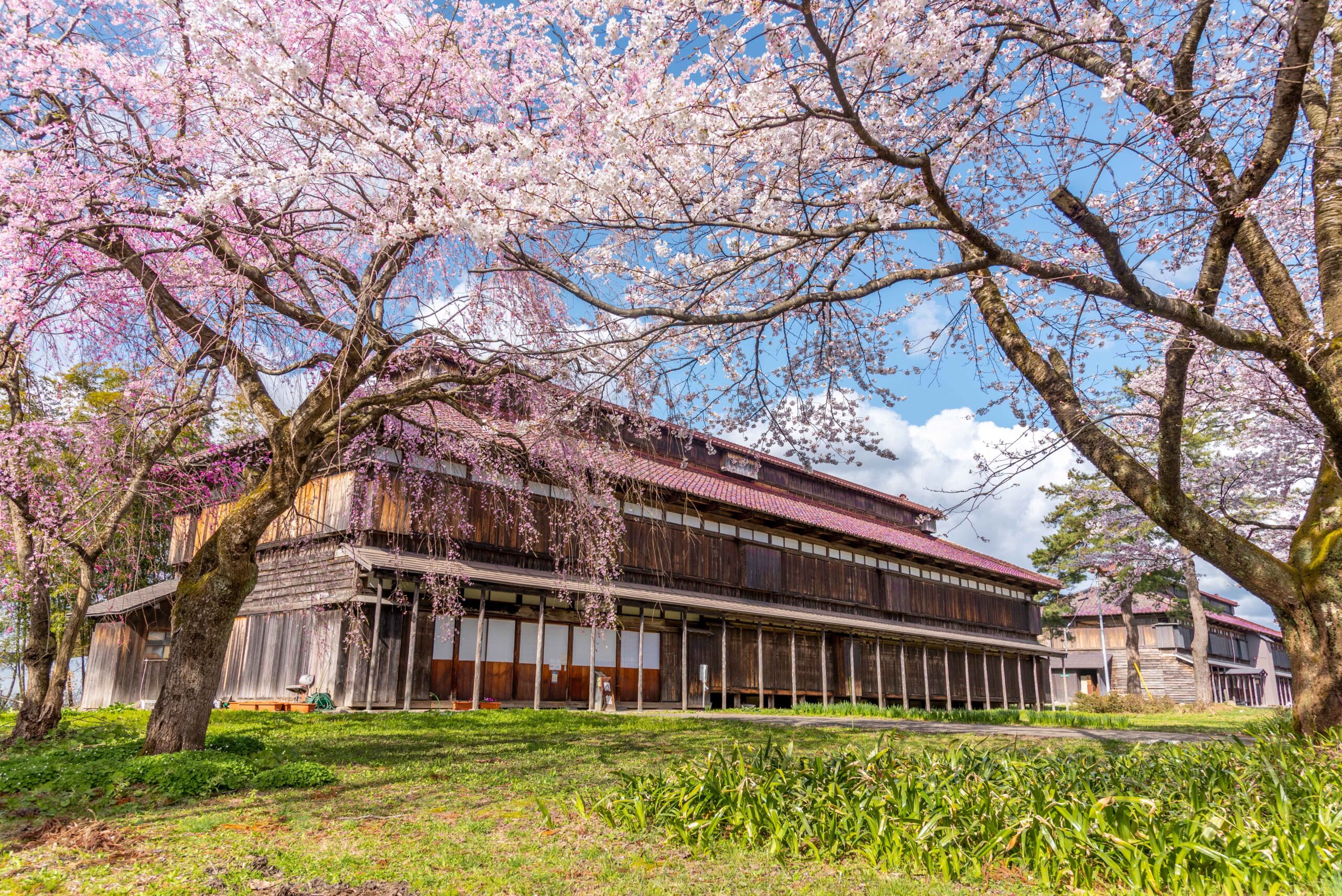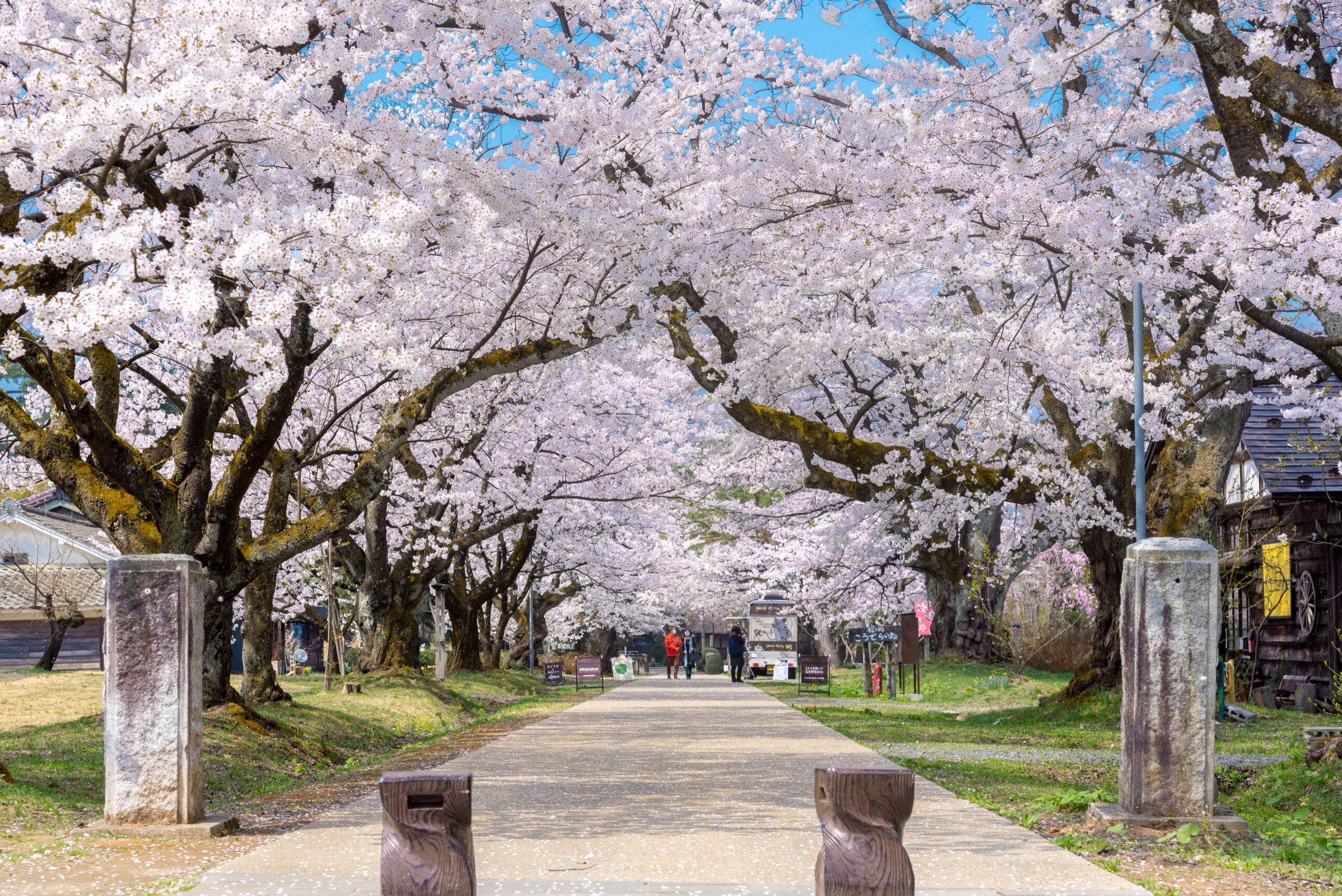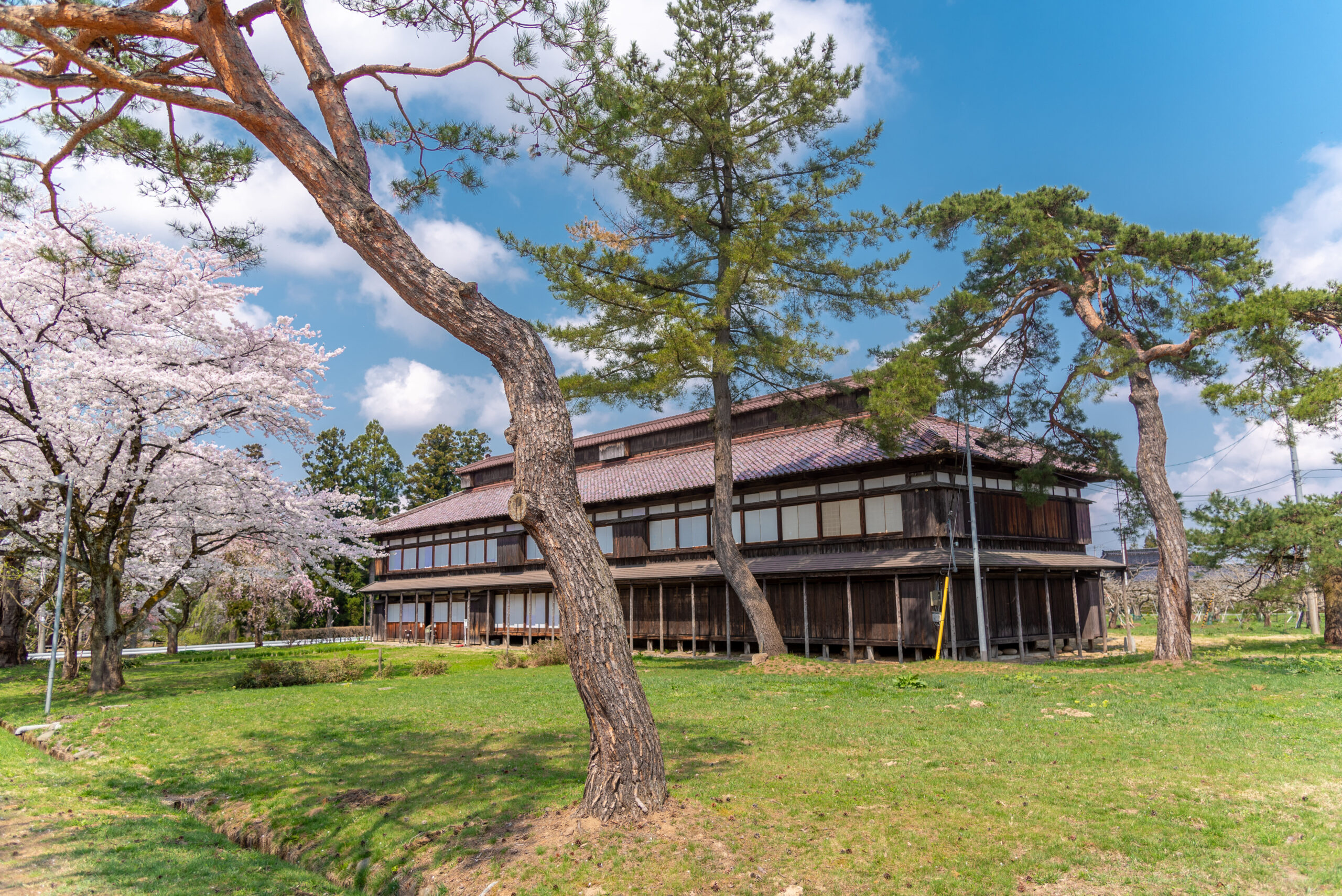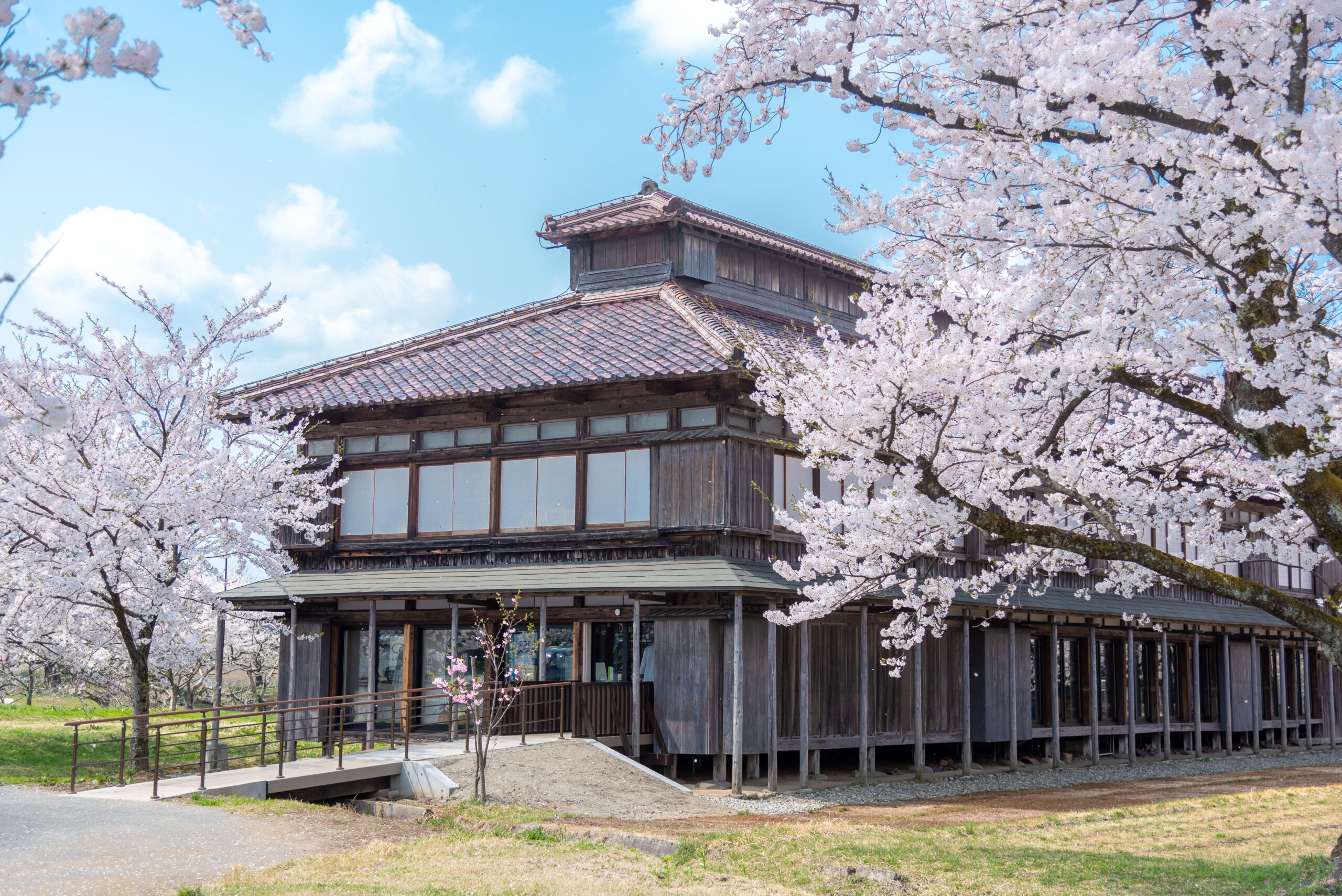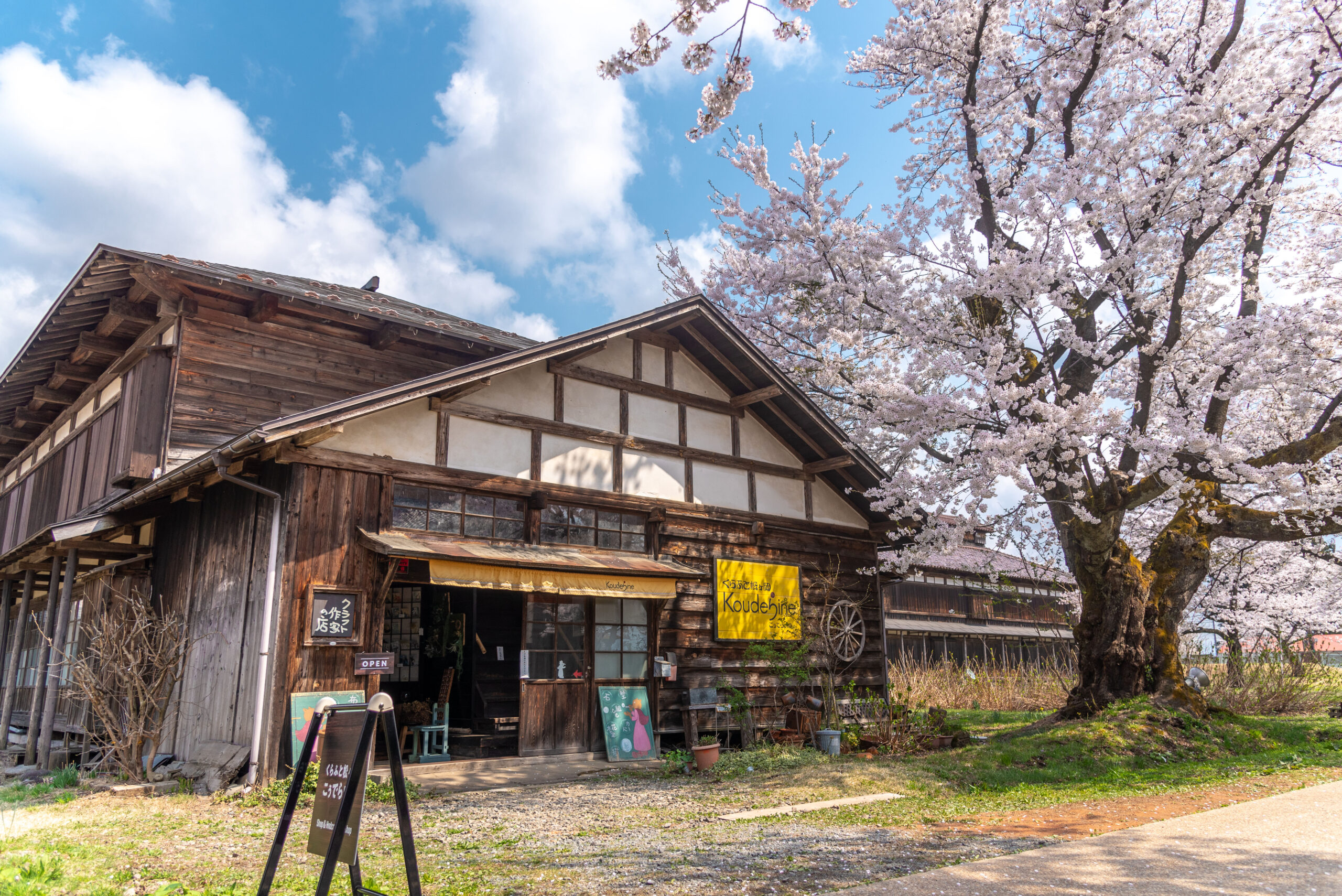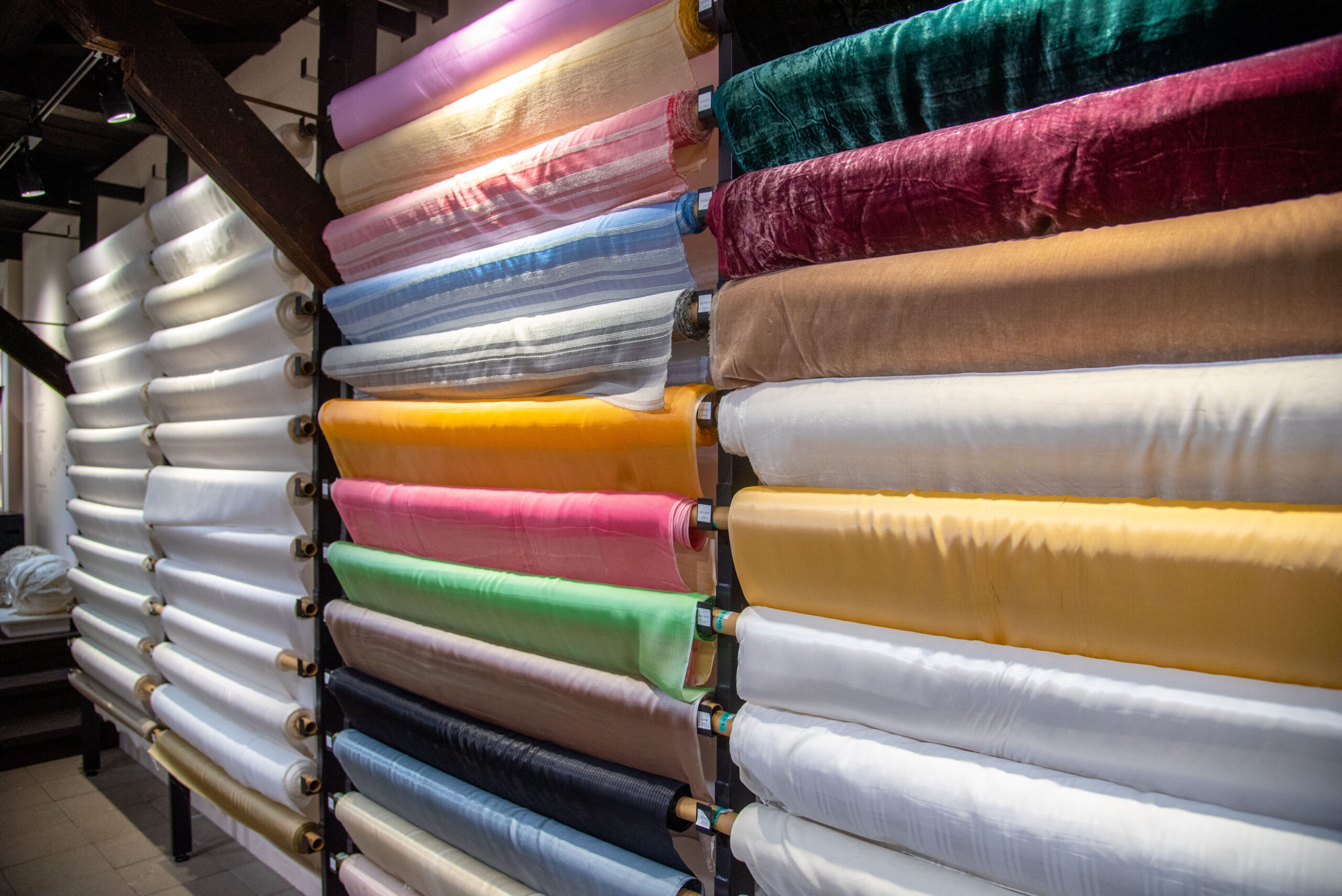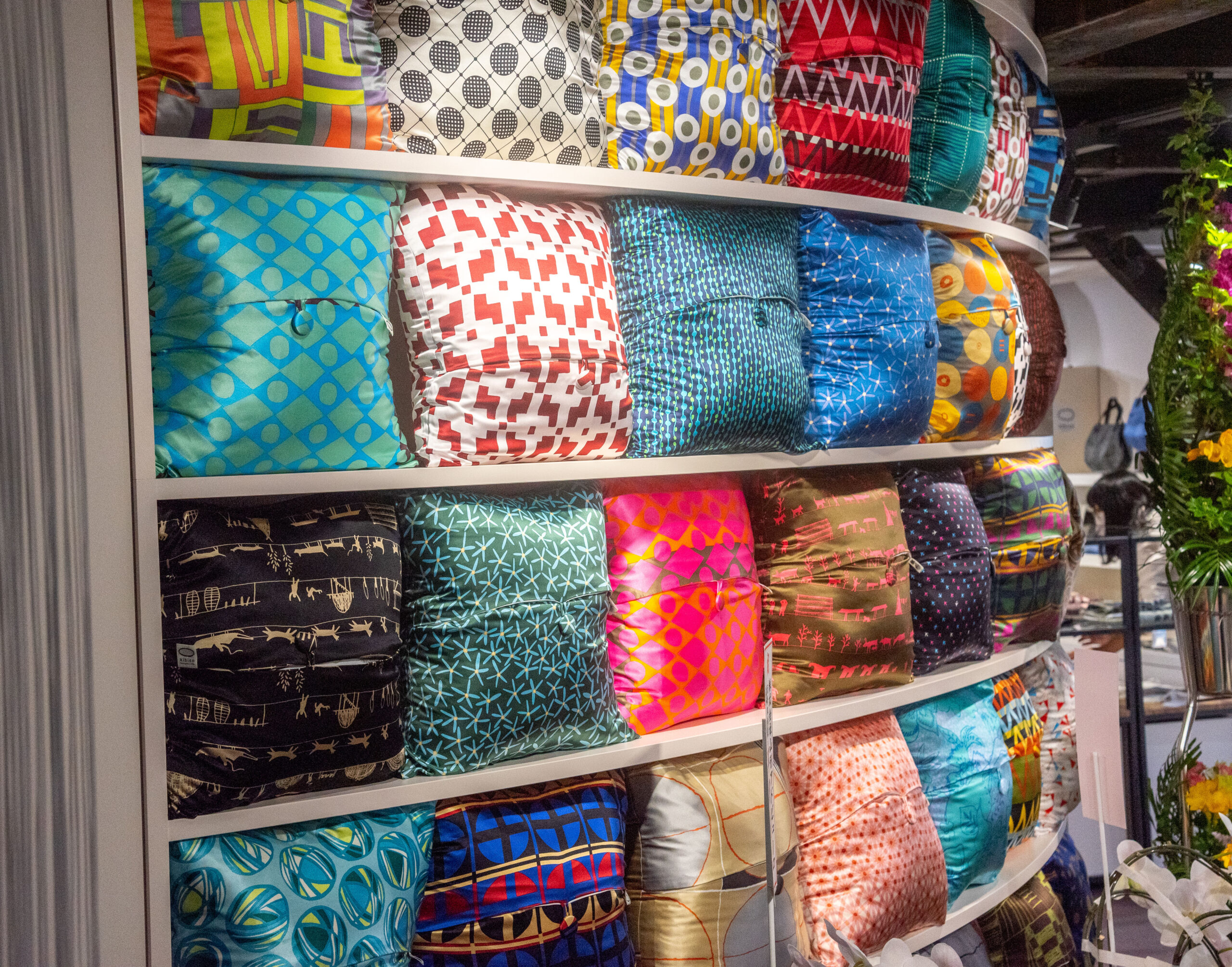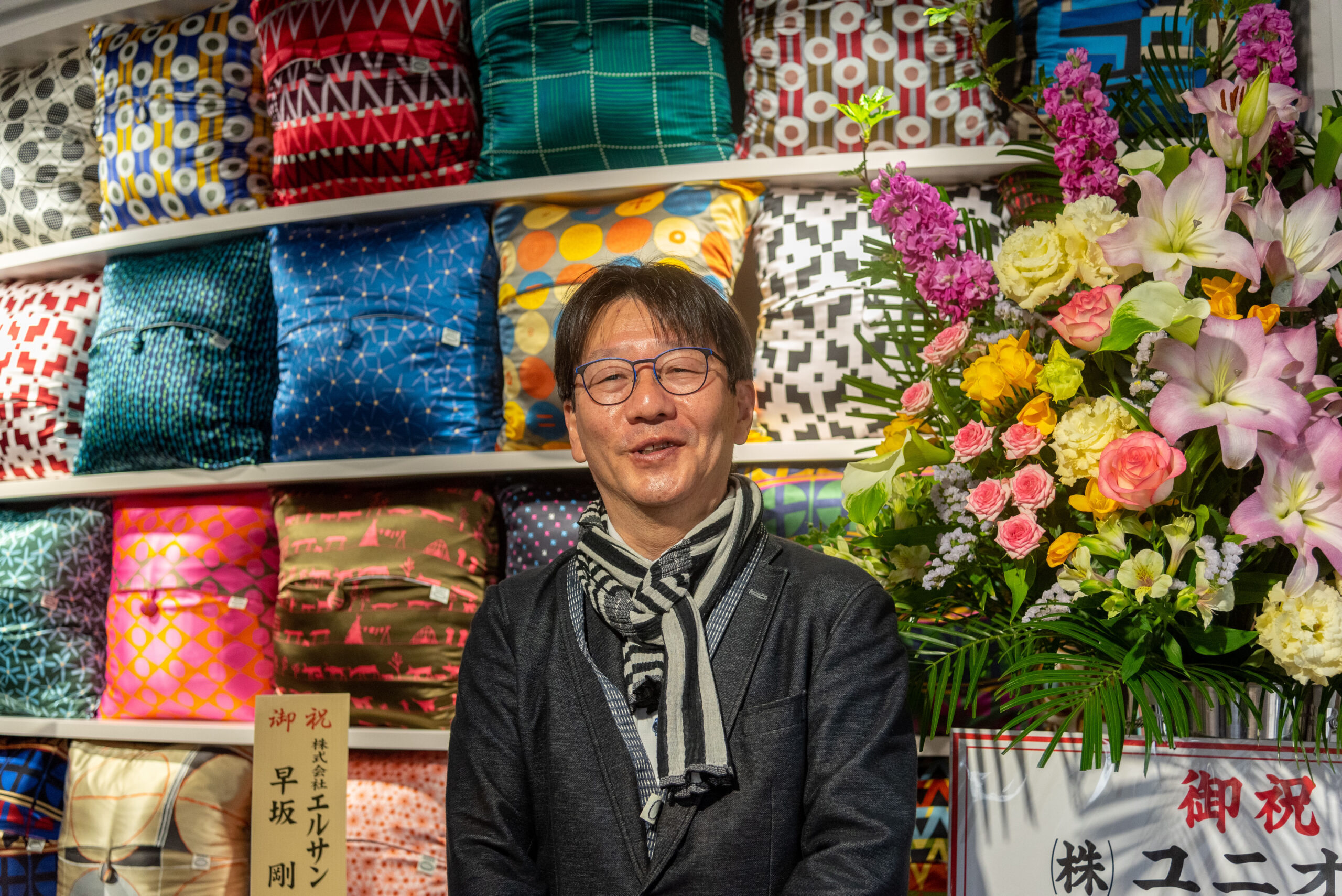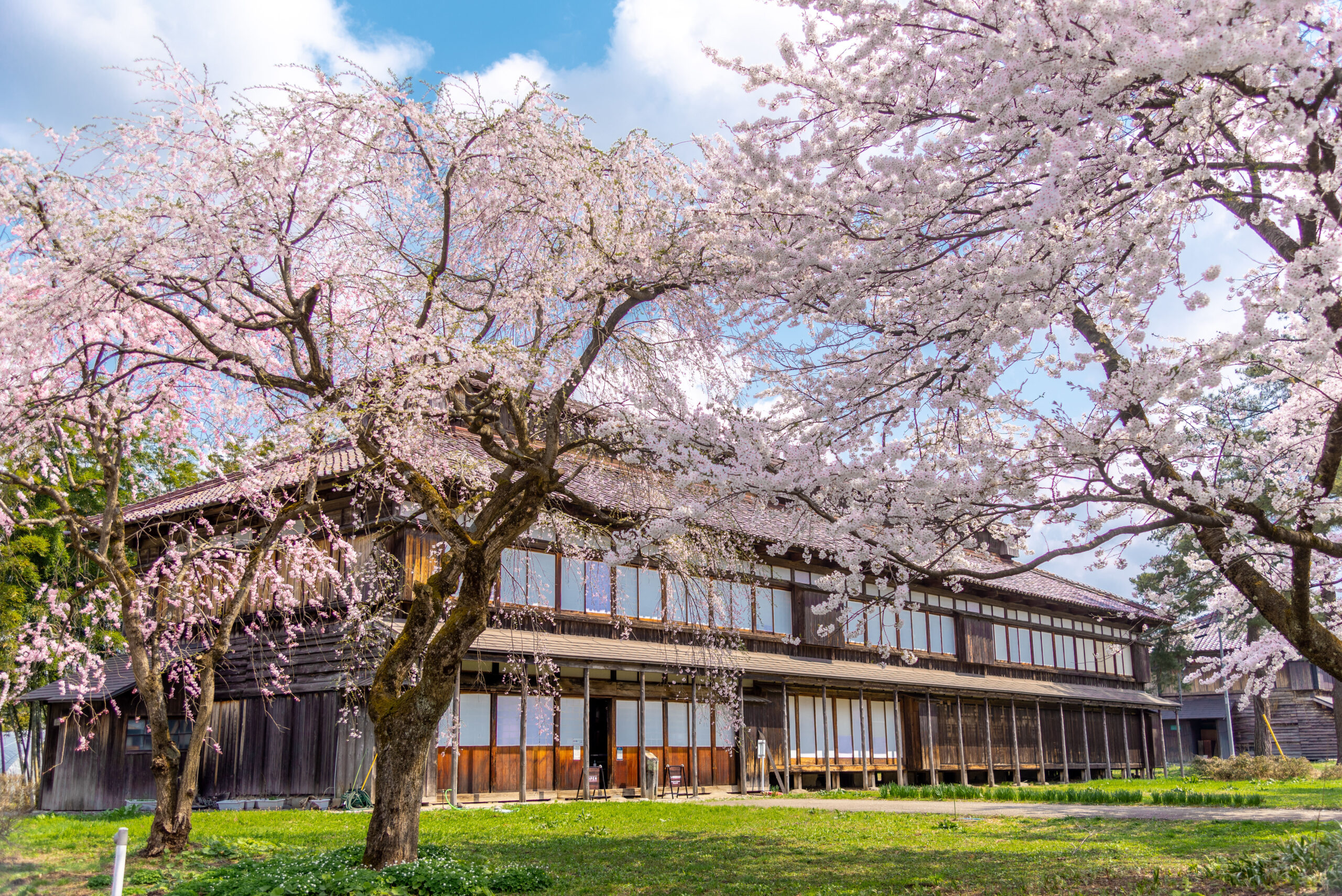
Matsugaoka’s Silk Farms 松ヶ岡開墾場
Tsuruoka City, situated in Yamagata Prefecture, once served as the nucleus of the Shonai Domain, a warrior clan that faithfully served the Tokugawa Shogunate during the Edo Period (1603-1868). Following the overthrow of the shogunate system in the Boshin War, the Shonai Clan samurais found themselves labeled as renegades. In an effort to rehabilitate their tarnished reputation and reclaim the honor of their ancient clan, they opted to participate in the industrial initiatives of the new government, channeling their efforts into silk farming. Their aim was to oversee every stage of the production process, from cultivating mulberry leaves for silkworms to weaving and crafting finished products.
In 2017, the silk farms of these samurais, known as Matsugaoka’s Silk Farms, achieved recognition as a “Japan Heritage.” Today, visitors have the opportunity to witness machines that have been in use for over 150 years and are still operational, providing insight into the traditional techniques employed by these samurais. The historical significance of Tsuruoka’s silk industry and the passing down of ancestral knowledge played pivotal roles in Matsugaoka being designated as a Japan Heritage site.
At Matsugaoka’s Silk Farms, the “Archive Building” (shiryôkan 資料館) allows visitors to explore how Samurai Silk is still produced by touring various wooden structures that constitute this 19th-century historical site.
There is a silk shop and a restaurant: In the adjacent Pino Collina, where to enjoy locally-produced wine and French/Italian/Japanese fusion food for lunch.
Information
| Access | ● Take the bus bound for Gassan Hachigome from Tsuruoka Station (Tsuruoka Ekimae)’s bus stop n°2 ● Get off the bus at Yupoka ● Walk 2.5km until Matsugaoka’s Silk Farms Bus timetable: https://www.shonaikotsu.jp/english/tourism/haguro_tt.html |
|---|---|
| Address | 997-0158 Yamagata, Tsuruoka, Haguromachi Matsugaoka, Matsugaoka-ji 28 |
| Phone number | 0235-62-3985 |
| Entrance fees | Free *Entrance fee is required for the Matsugaoka Kaikon Memorial Museum(松ヶ岡開墾記念館) on the premises. |
| Open hours | 9 am to 4 pm |
| Closed days | ● The museum closes every Wednesday (if Wednesday is a national holiday, the following day is closed as well) ● December 29th to January 3rd |
| Official Website | https://tsuruoka-matsugaoka.jp/ |

